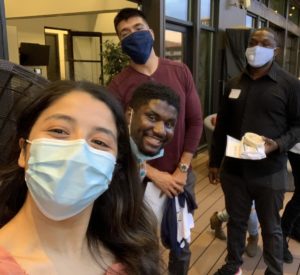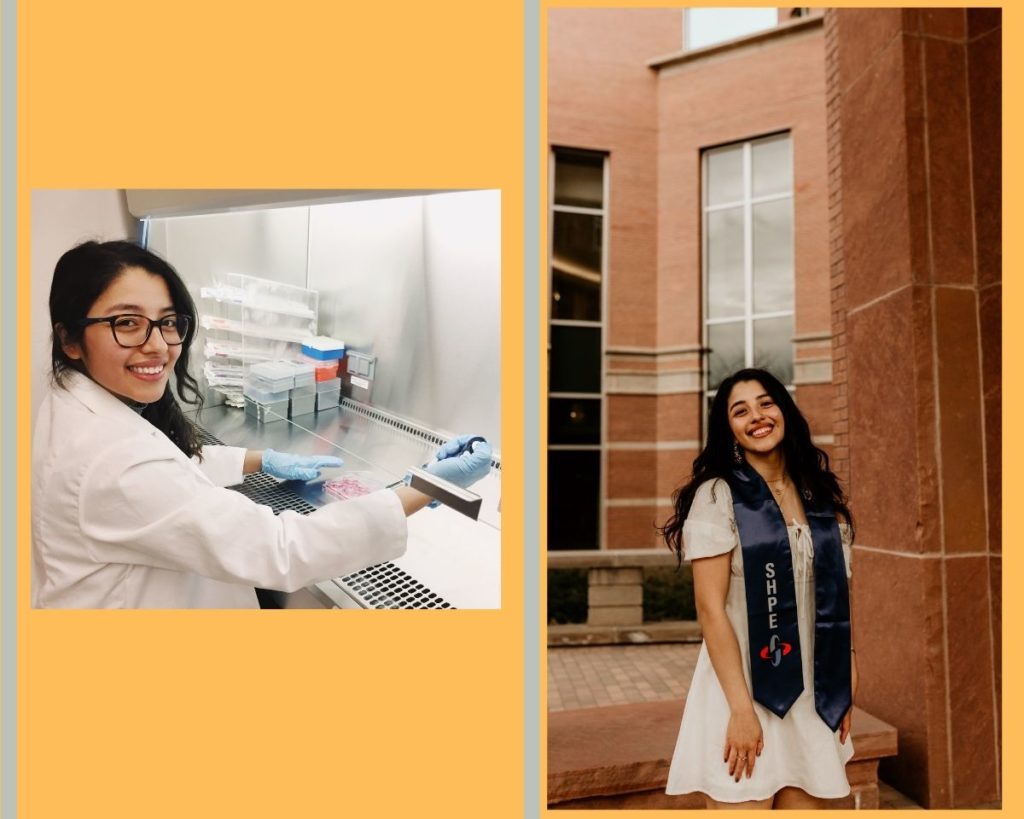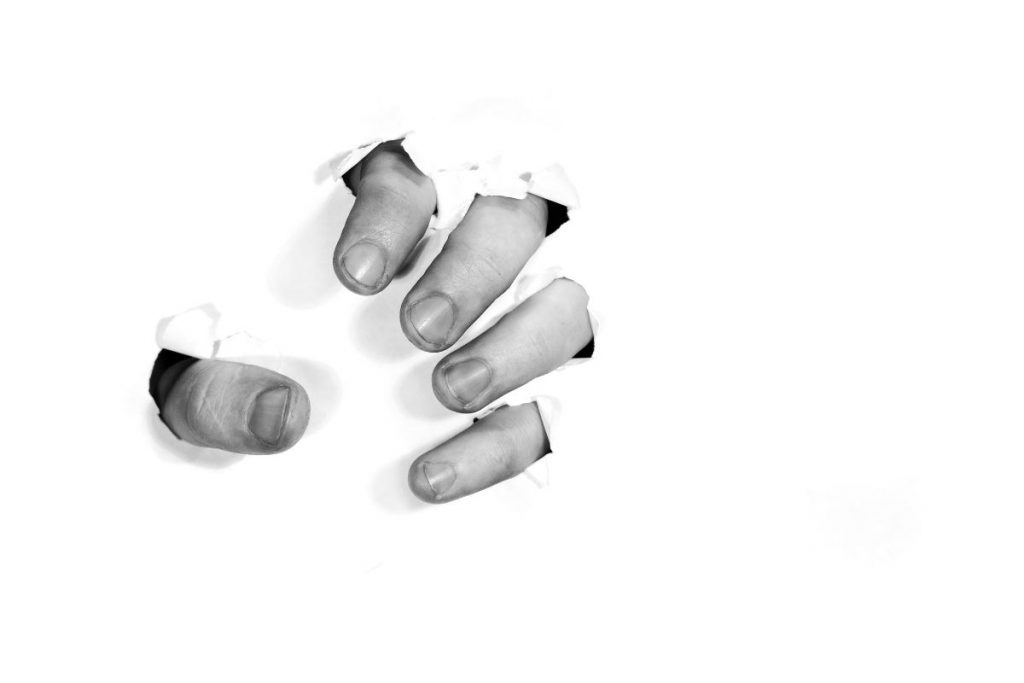Editor’s note: This article was written by Odalis Castro Landeros. Odalis earned a bachelor’s in Bioengineering from the CU-Denver College of Engineering, Designing and Computing. She is a member of Ednium: The Alumni Collective and a graduate of Vista Academy High School, a district-run innovation school in Denver Public Schools.
I first started thinking about medicine around the time I was in middle school. My mom was pregnant and the closest clinic to us was 35-40 miles away.
However, my mom made sure to never miss any prenatal appointments even if it meant driving through dangerous, snowy conditions. The most remarkable thing I remember was my family feeling comfortable with our family practitioner.
Most importantly, my family felt at ease when talking to a provider who looked just like us and spoke Spanish. The language barrier had been an issue for such a long time and being able to find someone who could explain every procedure, treatment, and care to us with great detail was fantastic – even if it meant driving long distances.
To this day, I never forget the impact the provider had on our life. It is for that reason that I, with great desire, aspire to be a doctor for people in communities where language is still the barrier to receiving adequate care.
“Her mom was deported to Mexico a few months ago and we still have no idea where she is today,” Lorena, a seven-year old’s grandmother explained to the medical team members who were taking care of her granddaughter. The medical team was denying care unless a legal guardian was present.
Lorena started crying as she thought her granddaughter was not going to receive care — she was not legally appointed as a guardian. After all, how was she supposed to reach the mother of the child if she had been missing for months?

I witnessed this exchange when I was volunteering as a Spanish interpreter at a free health clinic in Denver. I knew that the stories of being deported from the U.S. to Mexico were not uncommon in my community. To the medical team, this was a matter of finding ways to treat the child, but for me, this was a moment of realizing the cultural misunderstandings that exist in medicine. I was able to inform the medical team of the situation and bridge the gap between a Spanish-speaking patient and her physicians, and provide context for them of Lorena’s family situation.
This same passion for finding solutions and improving the quality of care for members of our community is what’s propelling me to conduct skin cancer research in Kraków, Poland this fall. I’ve received a Fulbright award to study at Jagiellonian University. When applying for the award, I originally thought I would go to a Spanish-speaking country, given my heritage. But Poland really stood out because in their description they strongly encouraged women in STEM to apply.
While volunteering at free health clinics across Denver, we saw patients — many of whom are people of color — who were unaware of skin cancer and how it might affect them. Our goal at the lab in Kraków is to try to find some kind of therapy so we can move toward curing skin cancer at the molecular level.
As a Fulbright recipient, my goal is to serve as a cultural ambassador for the U.S. abroad. I hope to showcase the presence of Hispanic culture in the U.S. while immersing myself in Polish culture and collaborating with scientists in Poland.
I feel fortunate to have had the most supportive mentors through these last four years of college, including Josue Loma at Denver Scholarship Foundation and Dr. Michael Mestek at Medtronic. I’ve had brilliant professors and researchers who’ve challenged and encouraged me, such as Dr. Charles Ferguson and Dr. Clyde Wright. And I’ve also been blessed by my curious and talented Latinx peers, especially TeRay Esquibel and Perla Bustillos.
One of the best things I’ve done has been joining with other first generation college students and graduates like myself, and taking part in the Leadership Launchpad run by Ednium. TeRay and Perla co-founded Ednium, which convenes public school alumni and offers us a space to develop leadership skills, and the advocacy platform to move ideas into action.
Ednium has allowed me to discover my leadership style and what kind of leader I want to be in the field of medicine and science.
My advice for any aspiring young girl or guy who thinks they’re not capable of becoming an engineer or a doctor: Push yourself beyond your comfort zone but also celebrate who you are, and the experiences you’ve lived. Trust me, you are needed more than ever. Your skills — yes, your language skills and your skills overcoming obstacles — are all critical in these rapidly evolving fields, and in our complex world.




